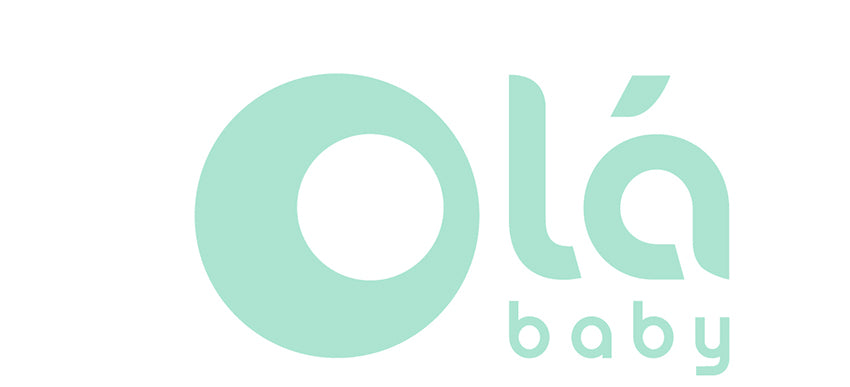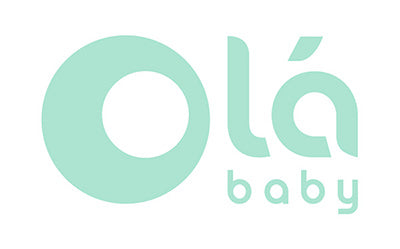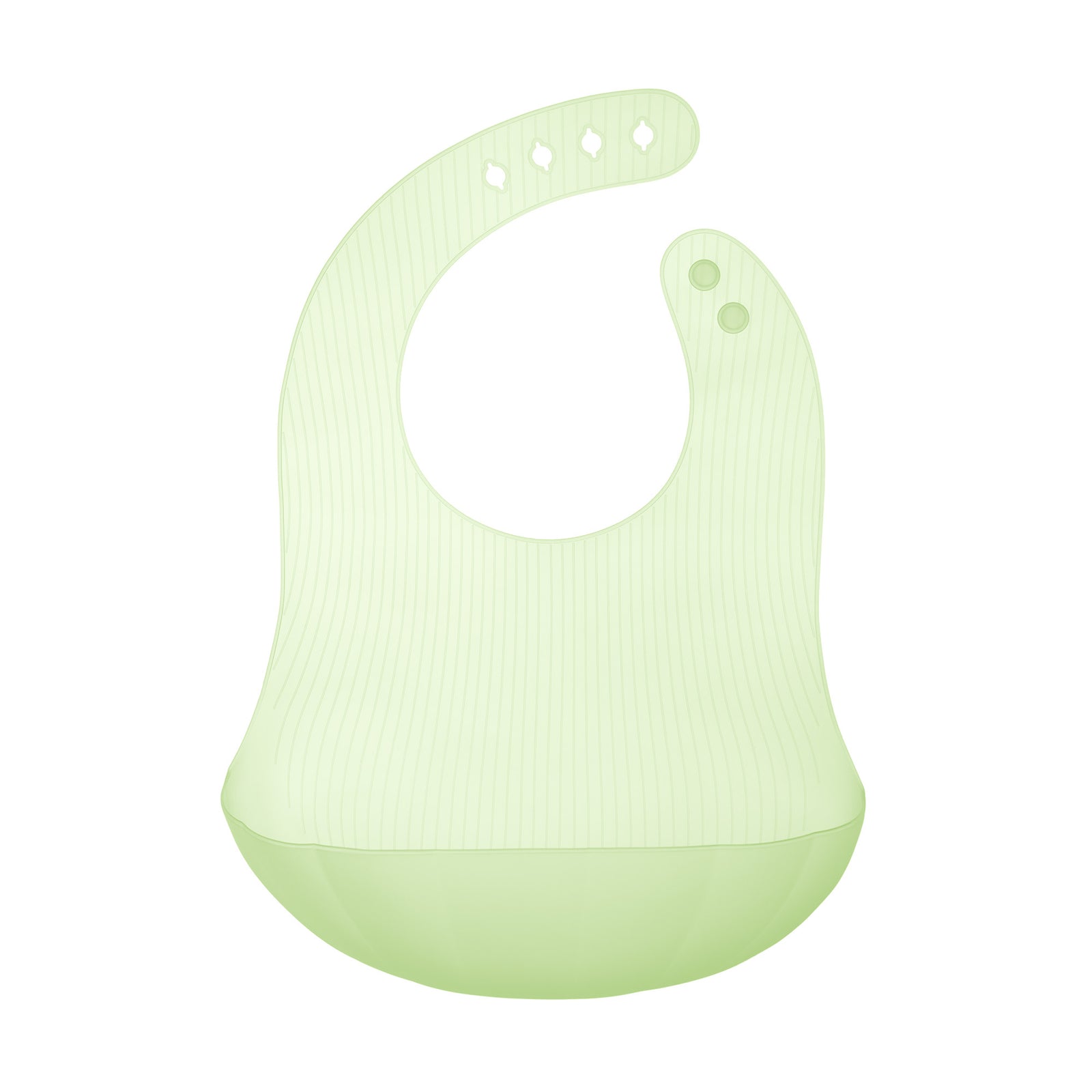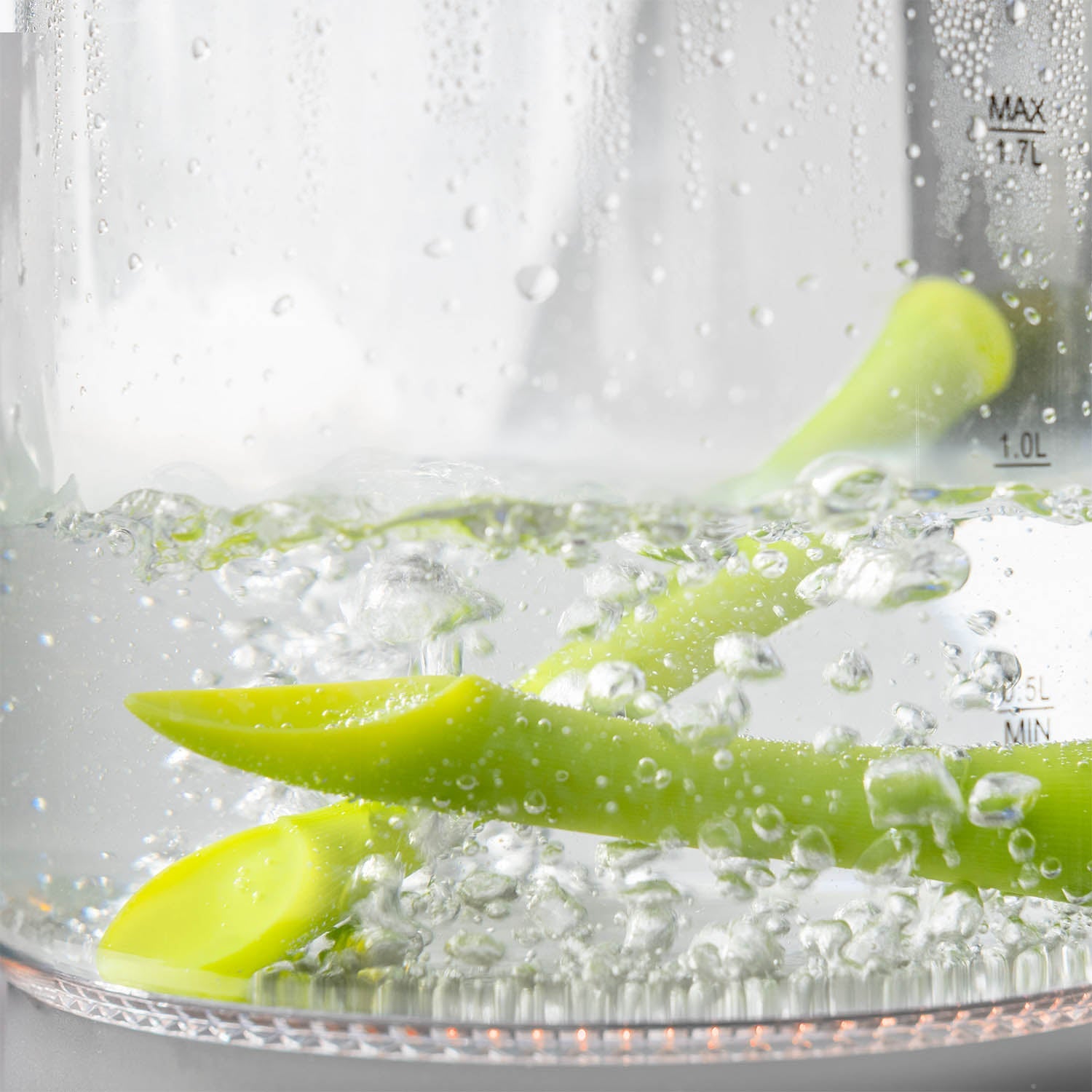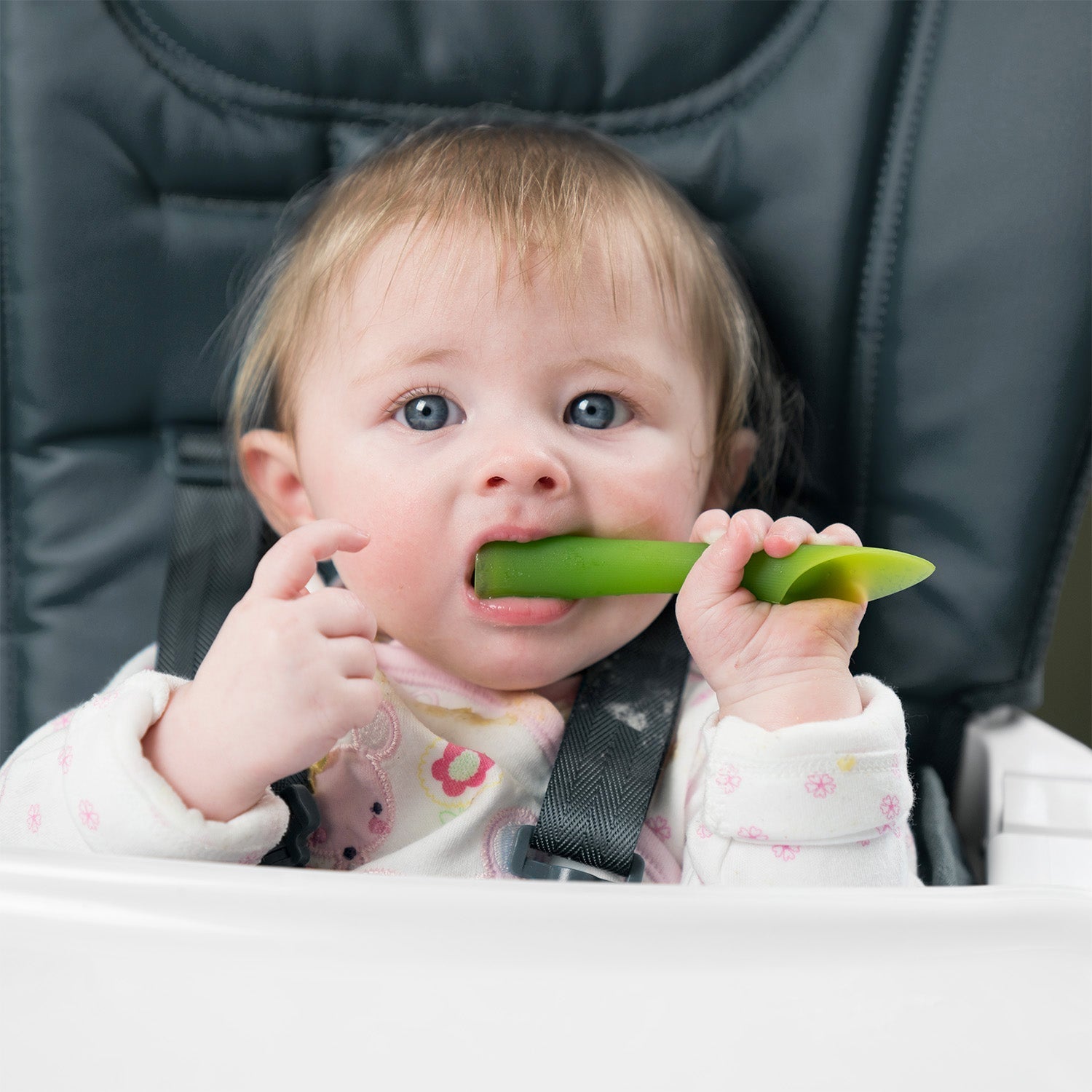It’s a common theme, parents feel confident that their baby is ready to begin solids, but they’re unsureofhow toapproachintroducing self-feeding. Should you incorporate utensils? Shouldbabies firstmaster finger feeding?The journey to independence in self-feeding is a dynamic process that relies upon skillsacrossmultiple developmental domains including visual, cognitive, gross motor, fine motor, communication and social-emotional skills.By age 2, most babiescan use a spoon to self-feed, while piercing with a fork continues to emerge untilroughly2to2 & 1/2 years old (Schuberth et al., 2010).
Why is self-feeding important?
As your baby engages in the act of attempting to self-feed, they are also simultaneously working on refining a variety of skills that will help support school readiness. Self-feeding with fingers, scooping with a spoon and piercing with a fork are practical ways to help your baby establishpincer grasp, eye-hand coordination, dexterity, visual skills and grasping patterns.These skillsare necessary for pre-writing, cutting and tool use (using a ruler, glue etc.) within the classroom environment. Learning to self-feed also gives babies a sense of independence and autonomywhich helpstoboost their confidence.Once your baby becomes independent in self-feeding,you’ll have your hands free to enjoy your own meal!So, how do we start?
Introduce utensils as soon as you start solids
Allow your baby to become familiar with holding, grasping and manipulating utensils as soon as possible.Offering a pre-loaded spoon filled with foods that stick (applesauce, yogurt,oatmeal, etc.)is a good start to allow for the baby to have more opportunities to successfully bringthespoon to mouth.Place the spoon on the high-chair or encourage your baby to graspthe spoon from your hand and bring to theirmouth.Asyourbaby gets more comfortable, start by encouraging scooping with a spoon then progress to piercing with a fork.
 Be sure toengage your baby witha variety of play opportunities to practice strengthening grasp, fine motor, visual skills and eye-hand coordination. Tryedible sensory bins to encouragescooping, pouring and transferring with cups or scoopers. You can also incorporate scooping and pouring practice during routine activities like bath time. Use forks, spoons and moldings during play dough activities to spark their interest in learning to manipulate utensils and tools.
Be sure toengage your baby witha variety of play opportunities to practice strengthening grasp, fine motor, visual skills and eye-hand coordination. Tryedible sensory bins to encouragescooping, pouring and transferring with cups or scoopers. You can also incorporate scooping and pouring practice during routine activities like bath time. Use forks, spoons and moldings during play dough activities to spark their interest in learning to manipulate utensils and tools.
Don’t rule out purees
Many popular feeding approaches suggest skipping purees all together, but pureescanhave a developmentally appropriate place in the introductionof solids and the path toself-feeding.Aslong as the baby isn’t solely relying on purees for a prolonged period, purees could offer developmental benefits.It’s important to expose your baby to a variety of texturesto promote tolerance and acceptance. Purees can also beused to teach self-feeding with a spoon.
Consider properpositioning
For babies to effectively self-feed, they need to be able to maintain a stableposture to support grasping, coordinationand fine motorcontrol. Consider the“90-90-90” rule for positioning purposes: thehips, knees and ankles should each be bent at a90-degree angle.Feet should be supported on a footrest to promote posture and upper bodystability necessary for motor control and coordination.Elbows should be supported on the tray or table.
 tip: Look for highchairs with an adjustable foot- rest!
tip: Look for highchairs with an adjustable foot- rest!
Get the right utensils& products
Successful mealtime experiences can be a huge motivator for babies to continue working towardsmastering self-feeding.Using appropriate utensils helps to minimize frustration and is key in allowing babies to feel confident in their ability to self-feed.Utensils with short handlesand ergonomic featuresare best for facilitatingthe coordination necessary forindependent feeding.Introducing a spoonwith a soft/shallow tipis recommended to assist babies withinitially tolerating a spoon in their mouth while easily allowing them to clear food with theirlips. Try bowls, plates and mats with suction to prevent movement and spilling as babies initially learn toscoop and pierce their food.
Learn toaccept the mess
This is a tough one to accept but hear me out. Sensory exploration is essential for brain development and skill acquisition in babies. Hands on experiences that simultaneously incorporate multiple senses can contribute to cognitive and motor development (Kolb & Gibb, 2011). As your baby gets older you canencourage them to assist in cleaning up the mess.
Allow self-feeding to bebaby-led
Recognizing and responding to your baby’s cues is vital to mealtime and feeding success. Follow your baby’s lead as they attempt to navigate utensil use at their own pace. Avoid power struggles and forcinganything.Try havingyour baby be an active participant as much as possible rather than feeding them.Giving your baby a sense of controlearly onwill help contribute to better outcomes.
Written byChristine Pollack, OTR/L
References:
Kolb, B., & Gibb, R. (2011). Brain plasticity and behavior in the developing brain. Journal of the Canadian Academy of Child and Adolescent Psychiatry, 20 (4), 256-276.
Schuberth, L. M., Amirault, L. M., &; Case-Smith, J. (2010). Feeding intervention. In Occupational Therapy for Children (6th ed., pp. 452-456). Maryland Heights, Missouri: Elsevier
Content and references are for informational purposes only andare not intended to replacemedical advice or occupational therapy intervention.
